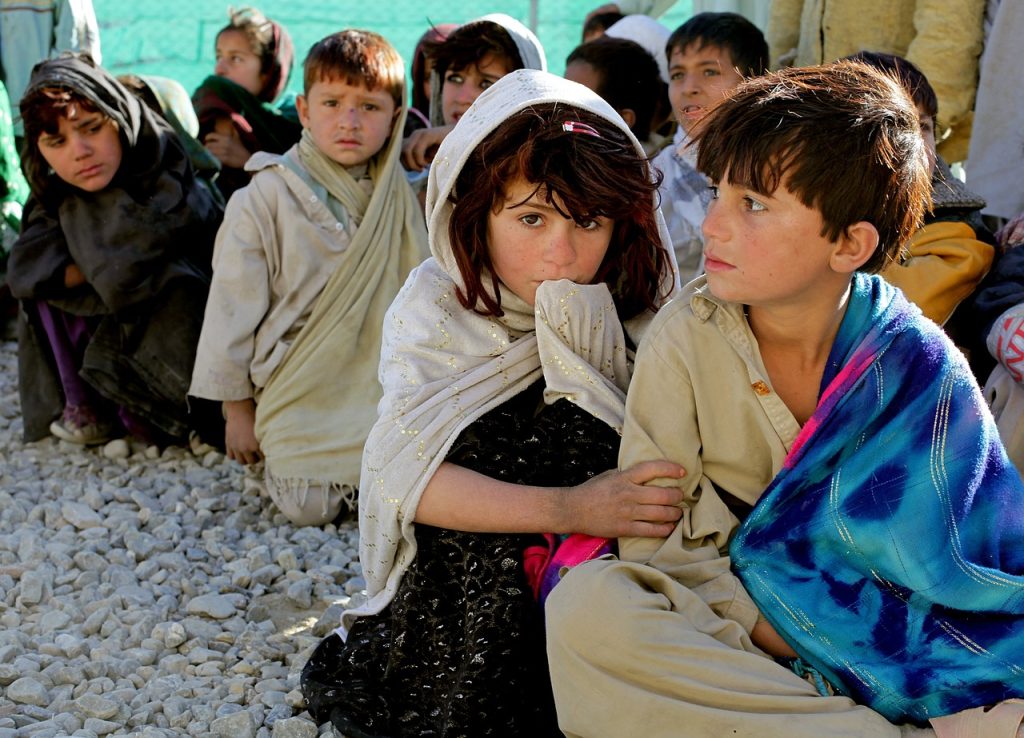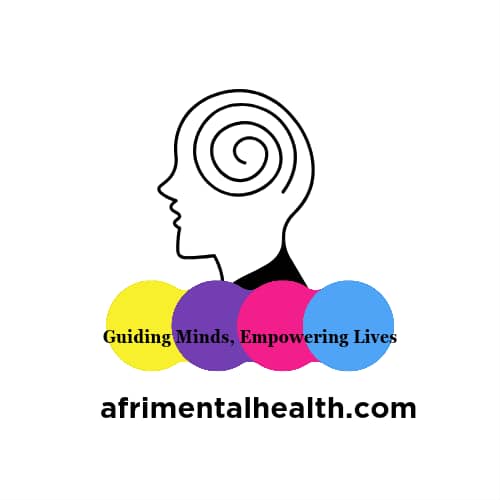Mental health in children is determined by how a child thinks, feels, behaves, and relate to others. Mental health is a vital part of a child’s overall development and is just important as physical health. Children can have the same mental health disorders as adults, but the symptoms may be different. It is hard for most parents to detect mental disorders in children because typical childhood growth involves change. Mental illness in children is often defined as delays or changes in thinking, feeling or behaviors, social skills or control over emotions.

COMMON MENTAL DISORDERS AMONG CHILDREN
- Autism spectrum disorder: This is a neurological condition that appears in early childhood, often before the age of 3.
- Anxiety disorders: Anxiety disorders in children are outsized fears and worries that are hard to control. These worries disrupt children’s being able to take part in play or social activities.
- Eating disorders: Eating disorders are defined as an unhealthy focus on ideal type disordered thinking about weight and weight loss, unsafe eating habits, and dieting habits. Eating disorders such as anorexia nervosa, bulimia nervosa can cause life threatening complications.
- Schizophrenia: This is a mental disorder that affects perceptions and thoughts. Schizophrenia can surface in the late teens up to the 20s.
- Post traumatic stress disorder (PTSD). PTSD is a response to the traumas that the child has experienced. The symptoms include nightmares, scary memories, and long-term emotional upset.
- Depression and other mood disorders: Depression is lasting feelings of sadness, low or irritable mood, loss of interest in typical activities. This affects the child’s ability to complete day to day activities and social life.
- Attention Deficit/ Hyperactivity disorder (ADHD): Children with ADHD have trouble with paying attention, acting on impulse, being too active.
